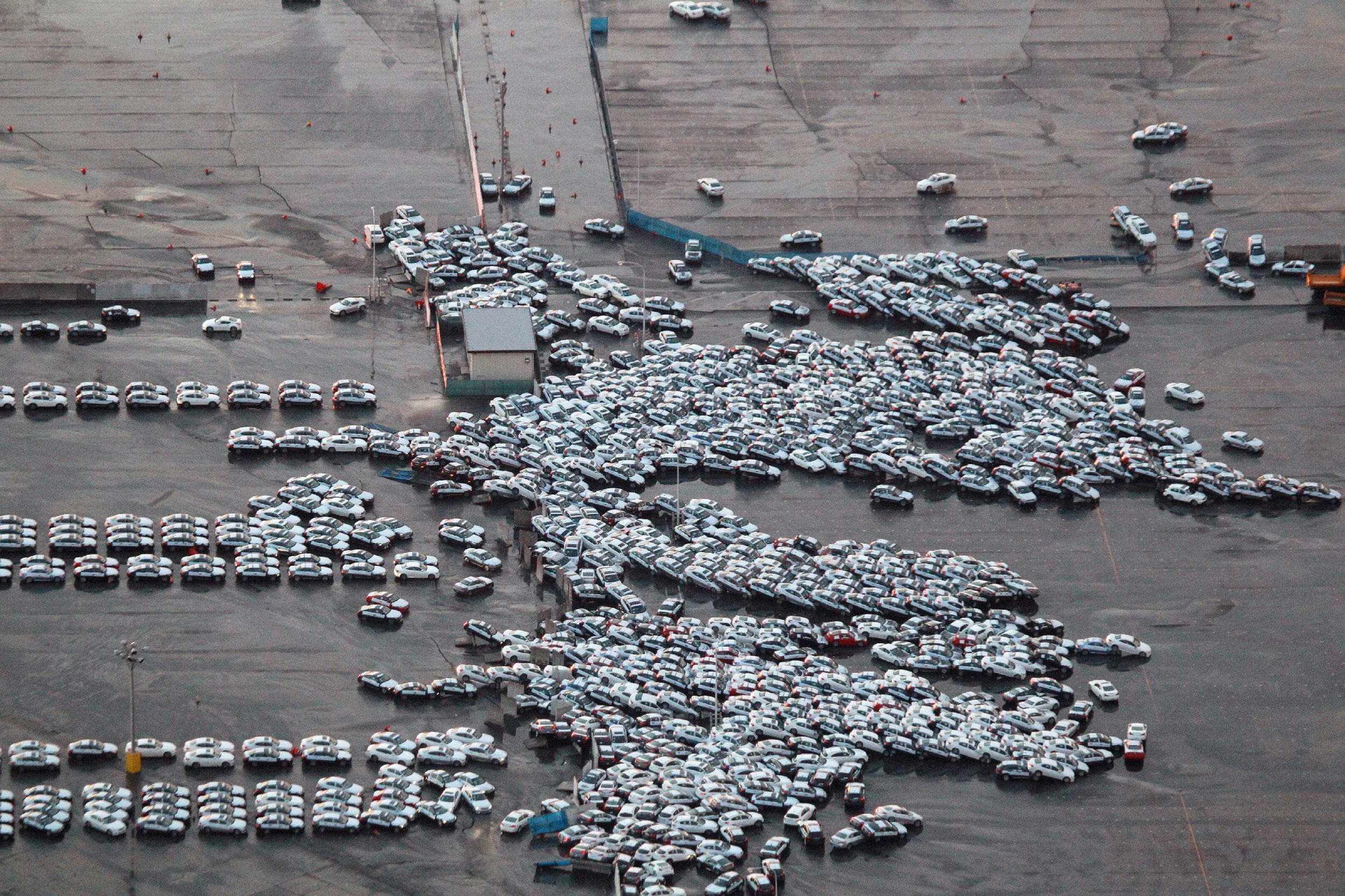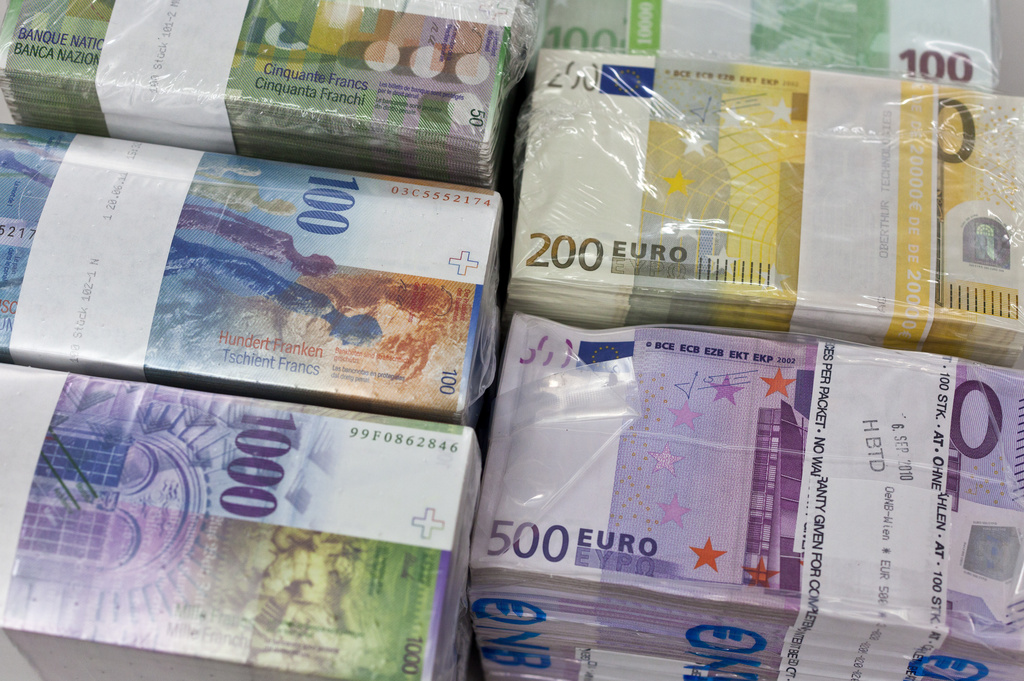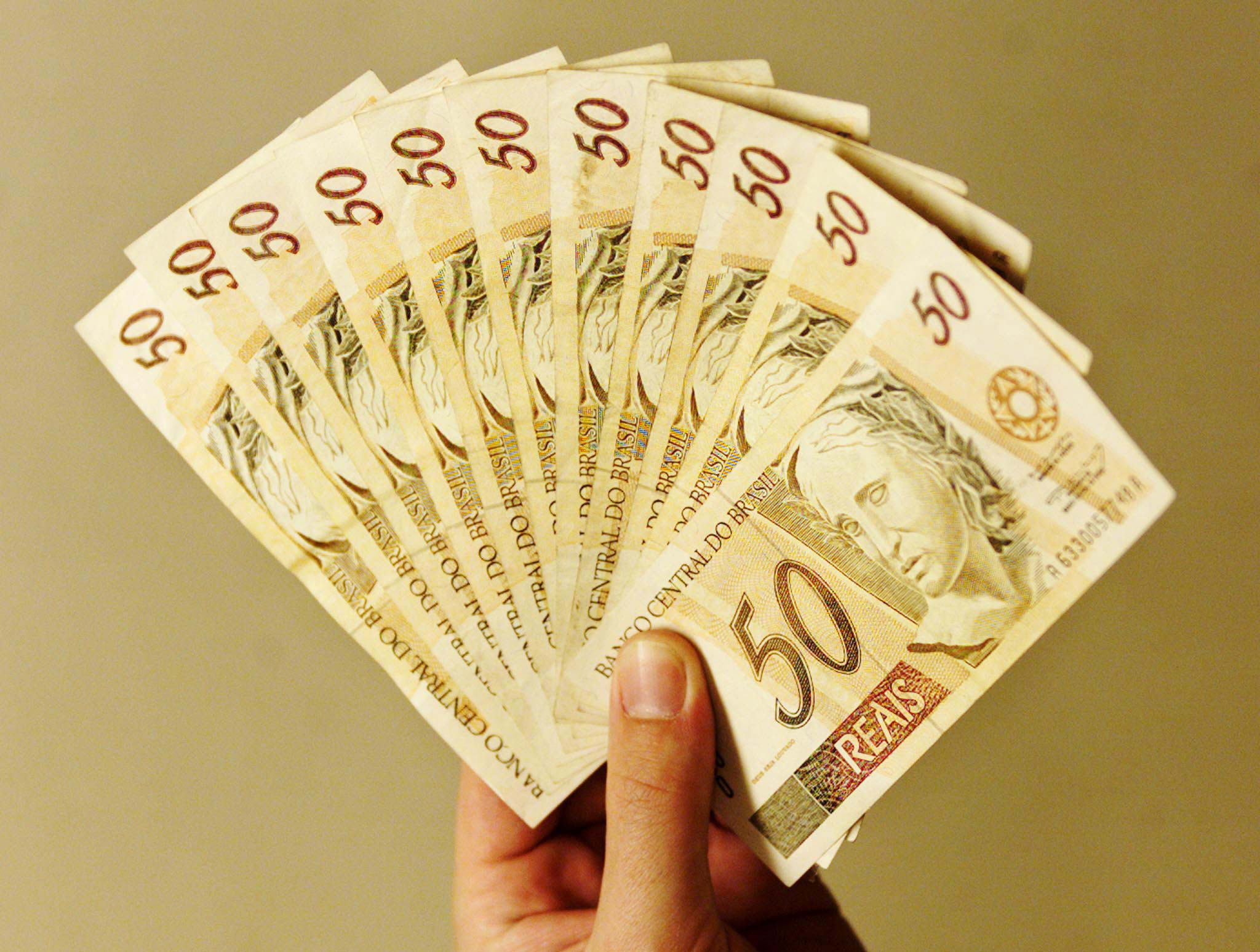Economic “normality” forecast for next year

The global economy is set for a dose of normality in the second half of 2012, forming the springboard for a sustained recovery, a leading economist has predicted.
But Switzerland will still have to endure a winter of hardship before the financial markets finally realise that the drivers of the real economy (industry and consumers) are fundamentally secure.
The KOF Swiss Economic Institute revised its summer economic predictions downwards on Tuesday. Gross domestic product (GDP) growth this year was downgraded to 2.3 per cent, from 2.8 per cent forecast in June, followed by 1.5 per cent in 2012 (1.9 per cent predicted in June).
The cooling expectations are the result of continued scepticism over plans to reduce national debt in Europe and the United States. The confusion has further inflated the value of the franc against the euro and the dollar.
The Swiss National Bank (SNB) intervened earlier this month to peg the franc at SFr1.20 against the euro, but the damage to exporters and the tourist industry had already been done.
Jan-Egbert Sturm, head of KOF, emphasised on Tuesday that the Swiss economy is still proving to be remarkably resilient in such volatile times. Exports continue to rise (even if many are being sold at cut prices), unemployment remains low and domestic consumption is still robust.
“Hard factors” strong
Sturm believes even the most pessimistic investor will start to take on a sunnier outlook once the summer takes hold next year. Sturm made a distinction between financial woes and the rosier condition of the real economy in many developed countries.
Volatile markets are over-reacting to the well publicised political and financial problems of economies rather than the relative health of the so-called “hard factors” that drive industry and consumption, he argued.
“The world economy is still in recovery phase from 2009, but the recovery has taken a knock in recent months,” Sturm told swissinfo.ch.
“It is being dragged down by negative sentiment, but such sentiment does not match up with the underlying economic situation.”
While Sturm expects the global debt crises to take decades rather than years to clear up, he still expects the markets to return to normal in the second half of next year.
“Even the situation of Europe lurching from one quandary to another will soon become normal,” he said.
Against the grain
Under such circumstances, it could be possible to see the franc weaken to SFr1.30 against the euro, further helping Swiss exporters, he added.
“Given the structural changes that companies and the Swiss economy have had to go through, the franc is unlikely to ever go back to SFr1.60 against the euro,” Sturm said. “Companies have got used to the new exchange rates, but they will improve a little given time.”
KOF’s medium term optimism goes against the grain of many other economic observers who have been painting a gloomier picture.
The International Monetary Fund (IMF) recently warned that the world economy had entered a “dangerous phase”, while other analysts have predicted a return to recession.
The political wrangling between Germany, France and the European Central Bank (ECB) over the management of Greece’s colossal debts have only served to fuel the doomsayers, while a deal cut by warring politicians in the US to curb debt has failed to convince the markets.
Divided opinions
Opinion in Switzerland over the course of the economy is sharply divided with some observers doubting the SNB’s ability to defend the franc’s peg against the euro.
Credit Suisse has the most optimistic outlook, forecasting Switzerland’s GDP growth to rise to two per cent next year. Economists at the bank have placed their faith in low interest rates, falling raw material prices and robust manufacturers to keep the economy afloat, and not just in Switzerland.
The State Secretariat for Economic Affairs (Seco) came out with one of the gloomier predictions, expecting 0.9 per cent growth next year, while economic forecast group BAK Basel believes only 0.8 per cent growth to be credible.
BAK, which released its forecast on the same day that the SNB acted to stabilise the franc, said it was most worried about the effect exchange rates were having on exporters.
The KOF Swiss Economic Institute has downgraded its expectations for GDP growth this year from 2.8% in June to 2.3% announced on Tuesday.
For next year, the institute expects growth to reach only 1.5%, down from its previous forecast of 1.9%. However, growth is expected to return to 2.5% in 2013 as market sentiment “normalises”.
Earlier this month, Seco predicted 2011 economic growth at 1.9% – down from the 2.1% it forecast in the summer.
Seco also expects GDP to stall next year, with a minimal 0.9% growth (1.5% predicted earlier this year).
BAK Basel also downgraded its outlook for this year from 2.4% to 1.9%, and for 2012 from 1.8% to 0.8%. In 2013 the forecasters expect more robust growth of 1.8%.
The Swiss Business Federation (economiesuisse) believes a 2.1% growth rate is achievable this year, falling to 1.7% in 2012.
Credit Suisse bank has forecast a more optimistic 1.9% this year (unchanged) and 2% for 2012.

In compliance with the JTI standards
More: SWI swissinfo.ch certified by the Journalism Trust Initiative





You can find an overview of ongoing debates with our journalists here. Please join us!
If you want to start a conversation about a topic raised in this article or want to report factual errors, email us at english@swissinfo.ch.